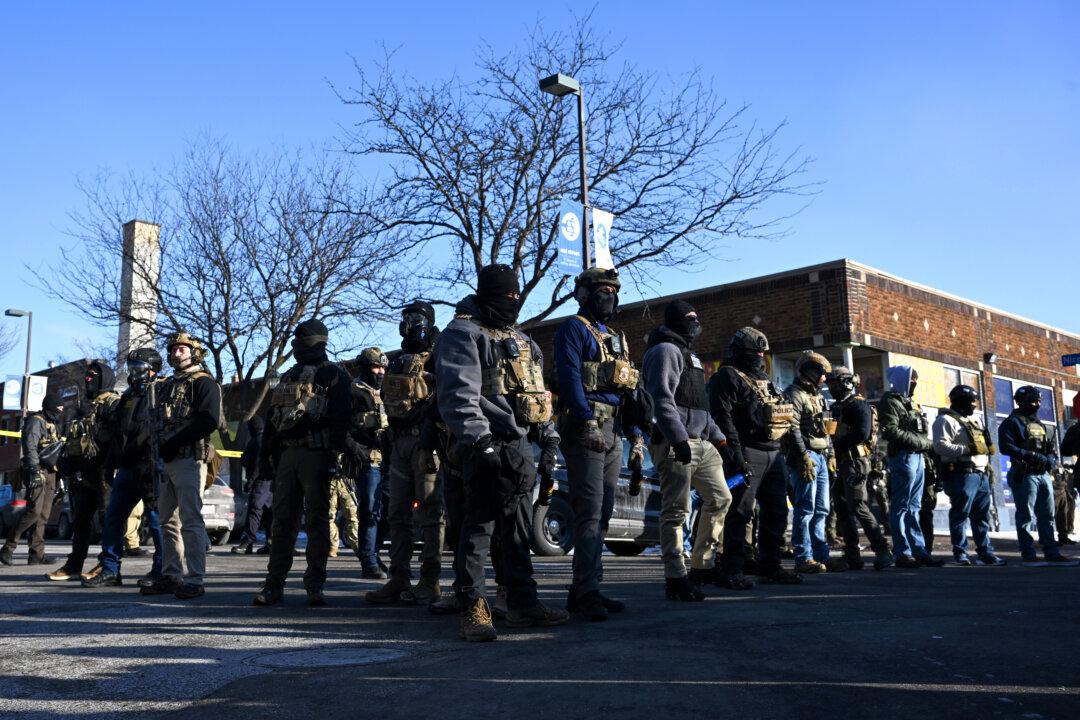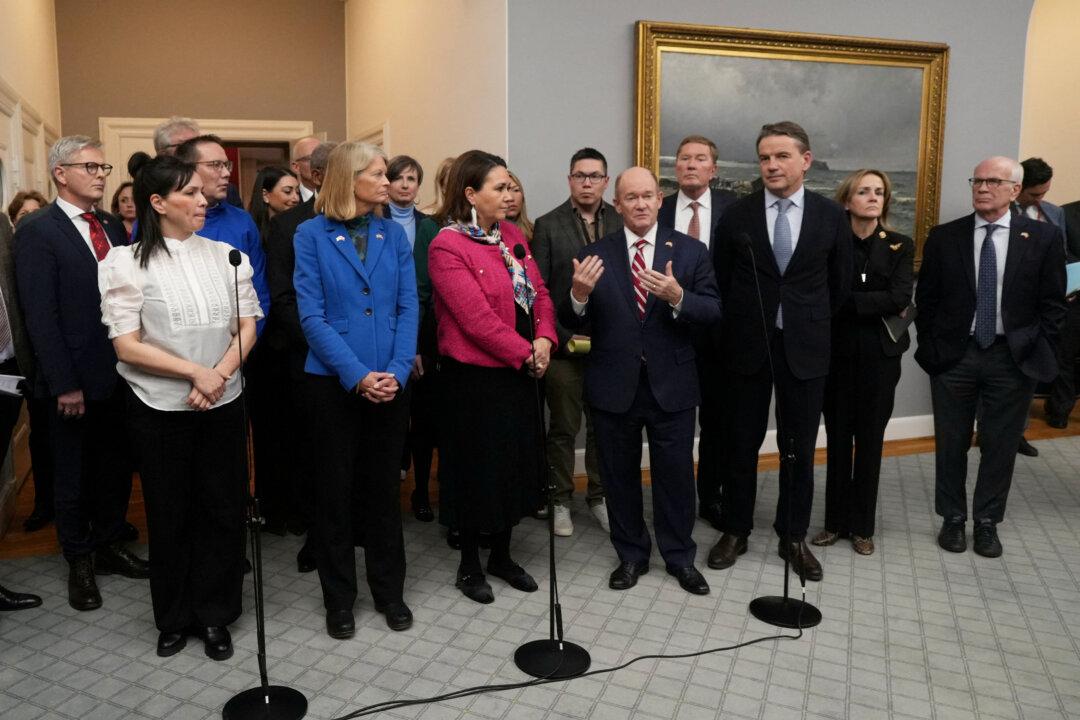The Green New Deal, an ambitious proposal by Rep. Alexandria Ocasio-Cortez (D-N.Y.), aims for the United States to be 100 percent greenhouse gas-neutral in 10 years, and also to completely change the way we live.
The proposal mentions plans to refurbish or replace all housing in the country, ban internal-combustion engine cars or cars altogether, limit or replace air travel with high-speed rail transportation, move away from nuclear energy, and rid the manufacturing and agriculture industry of affordable energy. On top of that, it promises to provide jobs, health care, and housing for all Americans, including handouts for those “unwilling to work.”




